Living with Psoriasis: Why Is It Pso Hard?
Your skin is your largest organ.1 You may take its durability and appearance for granted, but those with psoriasis cannot always do so. That is because those with psoriasis produce new skin cells too quickly, leading inflamed areas of skin to develop.
Psoriasis means the steady sensation of painful skin, managing public and private symptoms, and struggling with insecurities. Now, we have survey results from real psoriasis patients from our 6th Psoriasis and Psoriatic Arthritis In America Survey. Time to take a look at all the areas of life that psoriasis can spread to.
Not being able to hide the visible
There is difficulty and shame when it comes to managing this visible condition – especially when symptoms appear in exposed locations that are difficult to cover. Scalp flaking makes wearing the color black impossible. Exposing the arms and elbows brings extra insecurity when choosing to wear short sleeves. And how about legs and knees? Skirts, shorts, and dresses are out of the question.
People with psoriasis deal with all sorts of presumptuous behavior in public. Unwelcome comments about flaking, unsolicited advice about moisturizing, and impolite staring are only a few.
The connection between physical and emotional health
The effect that psoriasis can have on physical appearance means challenges with insecurity and self-worth. About one-third of those with psoriasis say this condition has a significant negative impact on their overall confidence and self-esteem.
Your primary doctor or dermatologist will understand the psychological and emotional impacts of psoriasis. If you would like to improve your emotional health, take the time to look at your whole treatment plan. Have an honest conversation with yourself, your trusted loved ones, and your doctor.
Remission? What’s that?
Flare-ups are periods of time when symptoms become worse. This means more intense pain and itch, formication (bug-crawling sensation), and cracking plaques. Remissions are periods of time when the symptoms get better or even go away completely.
So is remission possible? Sometimes. It means trying multiple soaps, deodorants, and moisturizers to find what will soothe a current flare while avoiding the next one. It means making sure there are gluten-free or nightshade-free options on the menu. It means trying multiple treatments for the multiple areas where psoriasis can appear.
The goal of psoriasis treatment is to regulate the body’s immune responses so that those with psoriasis can have longer periods of remission or clearance. This does not always work. In fact, only 15% of psoriasis patients feel their condition is controlled under their current treatment plans.
Managing unwanted comments and rude stares
One of the toughest parts of plaque psoriasis is that it is often visible. Strangers and even friends and coworkers can make snap judgments that are not true. It can make those with psoriasis feel like outcasts. It can be shocking what some people will say about psoriasis skin – especially ignorant and hurtful questions like "Is it contagious?"
A lack of understanding and awareness can mean people with psoriasis are forced to answer rude questions from strangers. Sometimes psoriasis means discrimination in the workplace and shame-inducing stares in public places.
Psoriasis between the sheets
What is it about intimacy that is so hard when you have psoriasis? In relationships, people expect to experience closeness, to feel safe and accepted. If you have psoriasis, you may have experienced embarrassment because of inflamed skin symptoms in visible – and sometimes, not so visible – areas.
As daunting as it seems, a big part of good intimacy is being vulnerable. Discuss your condition with your partner and explain how it makes you feel. Sharing fears or anxiety can help them to understand why you sometimes seem uncomfortable. This openness often leads to a closer, more satisfying relationship.
How else does psoriasis impact life?
Hear straight from our advocates about how psoriasis impacts their lives. Along with research, they share their own approaches to the difficulties of managing daily life in tandem with psoriasis symptoms.
- Alisha shares the 5 ways psoriasis impacts her day-to-day life.
- Clair discusses how a severe flare can cancel even the best laid plans.
- Jack asks the question, Can psoriasis make you feel embarrassed about your skin?
- Chris talks about all the places he avoided to steer clear of rude stares.
- Jaime provides context about the invisible symptoms of psoriasis.
Share why it is Pso hard!
There is quiet acceptance when we find a connection with someone else. This is especially true for those who live with psoriasis. Your story could provide validation and support to someone who desperately needs it.
Living with psoriasis day in and day out can feel lonely and isolating. While we know telling our stories can improve our health, the change it can make for a reader can be just as strong. We encourage you to share.
From fashion choices to skincare routines to managing relationships, in what ways does psoriasis impact your daily life?
:
The Psoriasis and Psoriatic Arthritis In America 2021 survey was conducted online from December 2020 through March of 2021. Of the 1,409 people who completed the survey, 286 were people who have been diagnosed with psoriatic arthritis, 436 were diagnosed with psoriasis, and 687 people had a dual diagnosis.

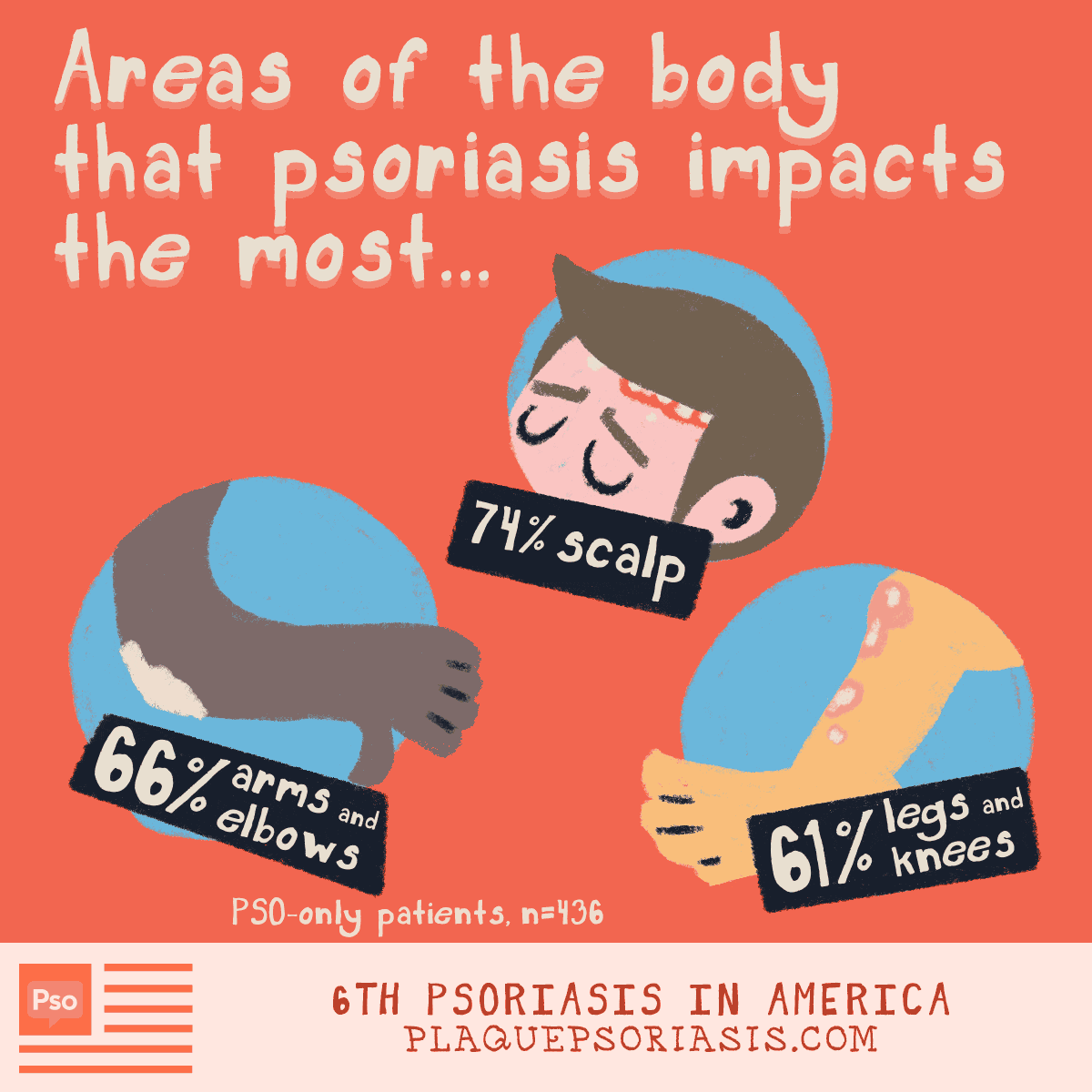
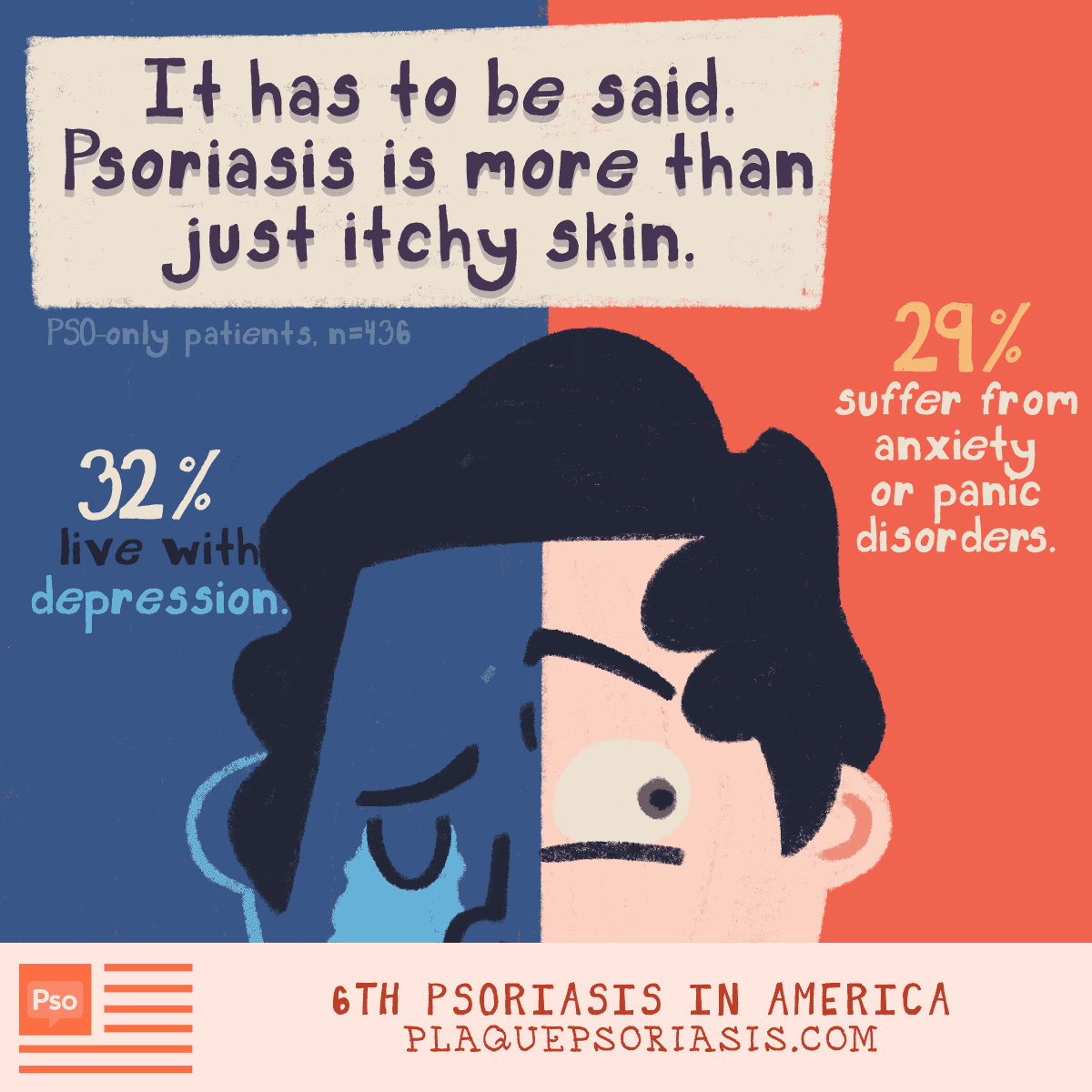
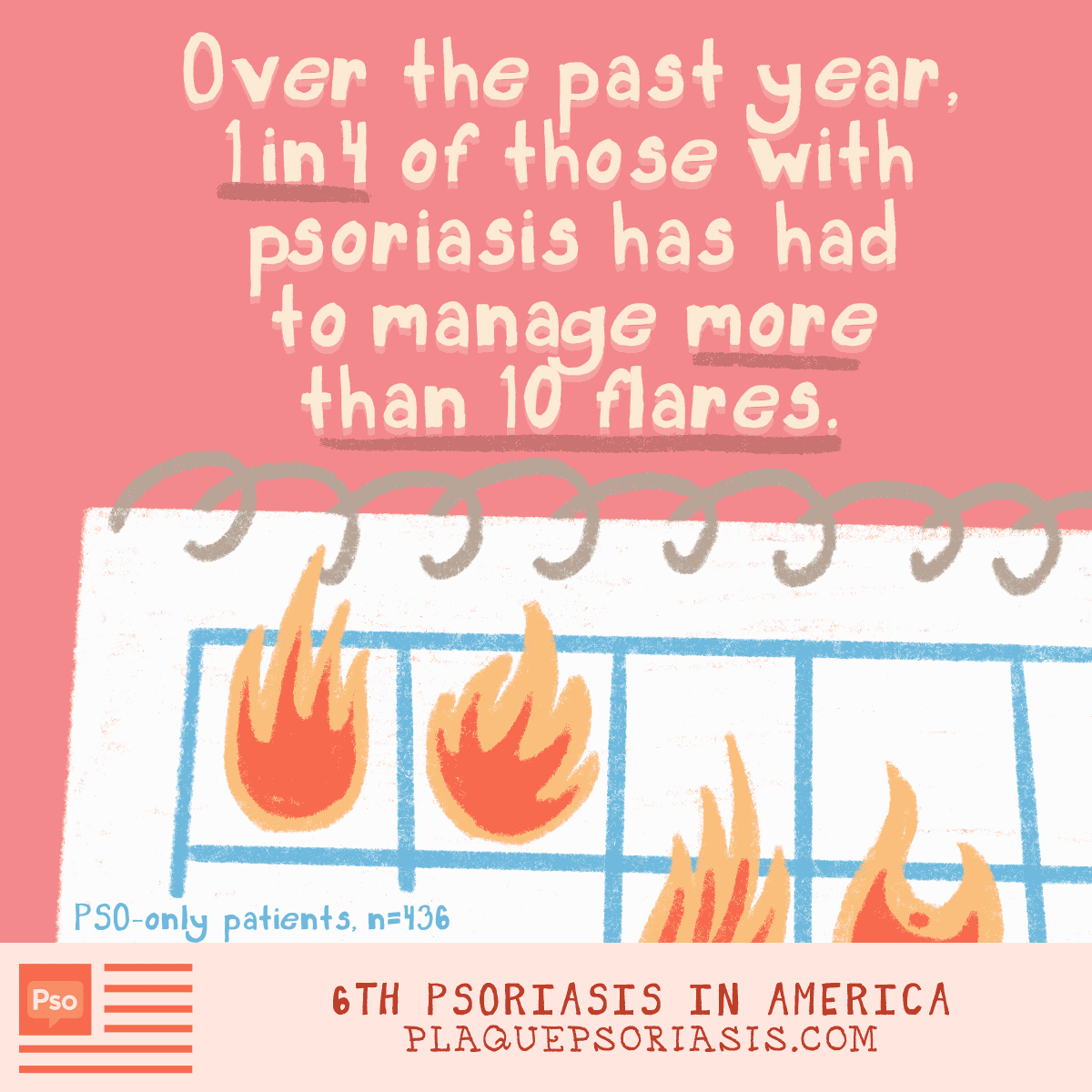
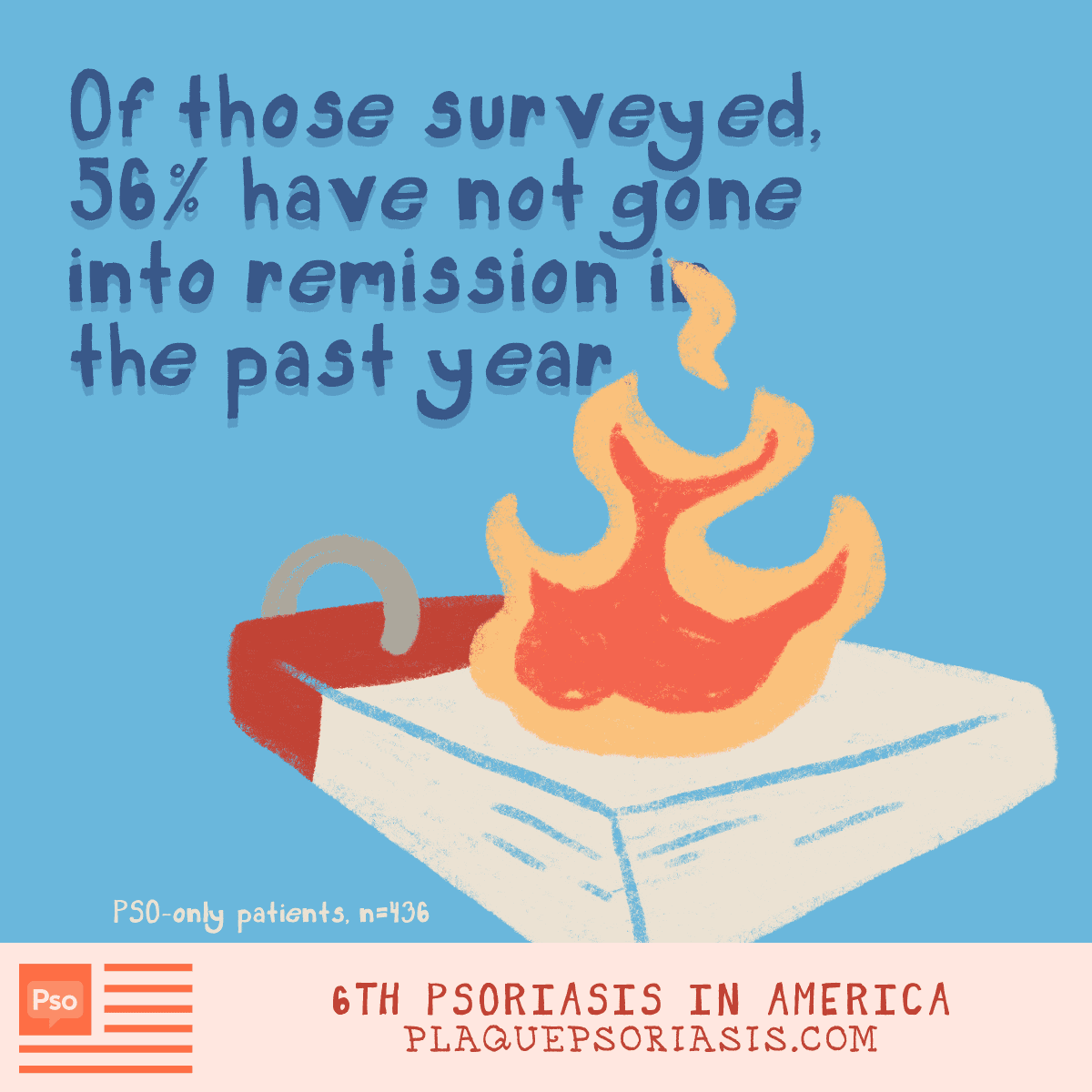
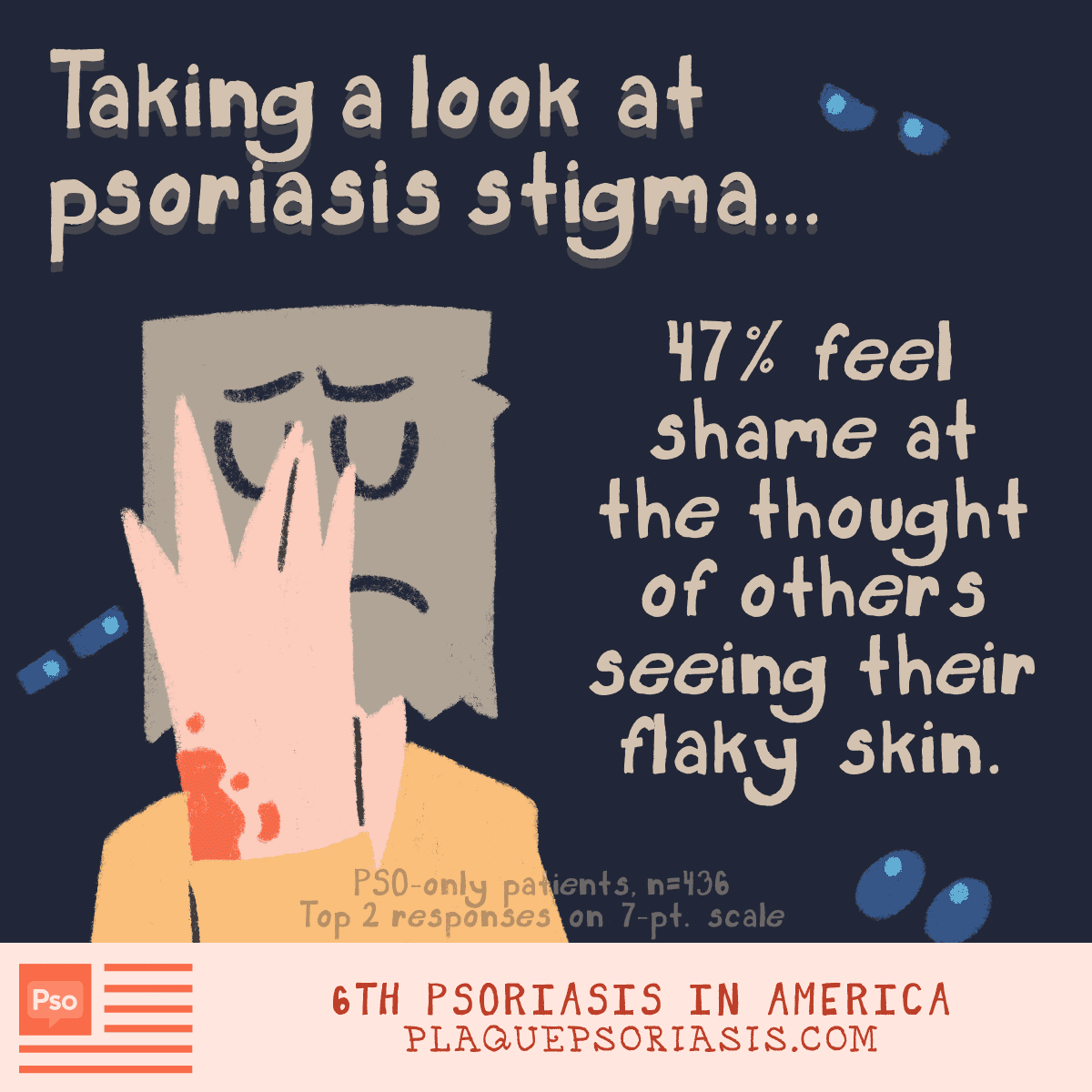

Join the conversation